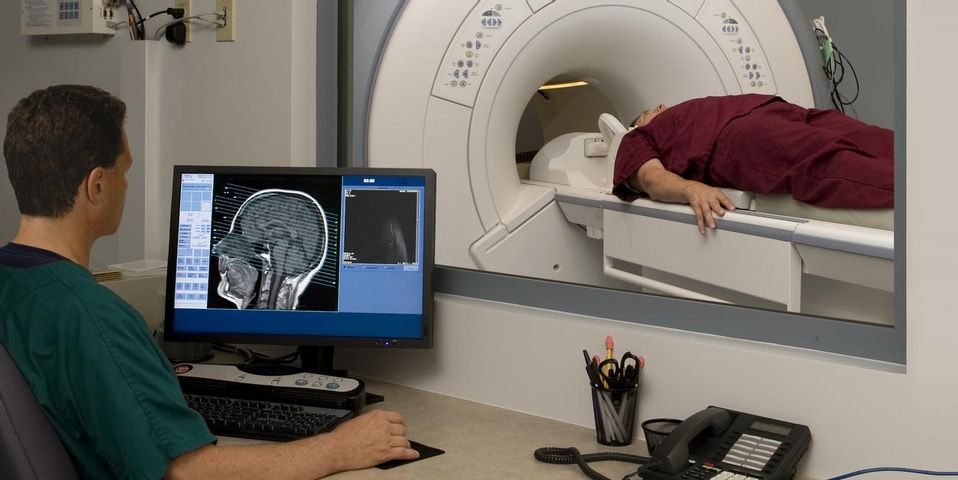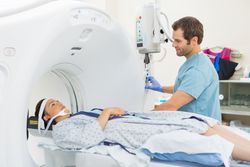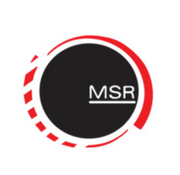
May is Brain Tumor Awareness Month. These tumors come in many different forms and severities. While most are benign, others may be malignant, or cancerous. Since malignant growths are dangerous and develop at faster rates, it’s critical for specialists to find and treat them promptly. Magnetic resonance imaging (MRI) and computed tomography (CT) scans are two tests used to identify brain tumors and inform treatment decisions. If you or someone you love is getting screened for brain tumors, here’s what to know about these procedures.
How Do MRI Scans Detect Brain Tumors?
Unlike imaging techniques that rely on X-rays, MRI scans use magnetic fields and radio waves to create images of soft tissues in the body, including the brain. Due to their high level of detail, they are often the first choice of oncologists for diagnosing brain and spinal cord tumors.
Before the screening, patients are injected with a special dye—known as gadolinium—that circulates through the brain. When the machine takes images, the dye creates contrast that helps identify the location and size of the tumor. During the procedure, the patient lies still on a table inside of a closed magnetized tube or open model. The process is painless, and it may take anywhere from 30 to 60 minutes for the equipment to take pictures.
If recommended, additional tests known as perfusion imaging are used to trace the contrast dye as it flows through the blood vessels in the brain. This can help illustrate how much blood reaches the tumor to determine how fast it grows and what type of treatments might be most effective.
How Do CT Scans Detect Brain Tumors?
 Much like MRI scans, CT scans require patients to lie on a table that enters a donut-shaped imaging device. Sometimes, a contrast dye is used.
Much like MRI scans, CT scans require patients to lie on a table that enters a donut-shaped imaging device. Sometimes, a contrast dye is used.
The device uses X-rays to take images of the brain from various angles. After the pictures are captured, a computer compiles them to create a three-dimensional, cross-sectional image of the brain. This image makes it easy to spot the location and size of a tumor.
CT scans are helpful for individuals who can’t use MRI devices due to their magnetic function. This includes people who have pacemakers. This technology can also capture images of bone, so it detects skull damage caused by a tumor.
Main Street Radiology in Bayside, NY, strives to make the radiology experience as comfortable for patients as possible. Using state-of-the-art technology, this team of skilled radiologists performs MRI and CT scans to screen for brain tumors and other types of cancer. They also assist with the biopsy process to better identify abnormal growths. Learn more about CT scans on their website, or call (718) 428-1500 to schedule an appointment.
About the Business
Have a question? Ask the experts!
Send your question

